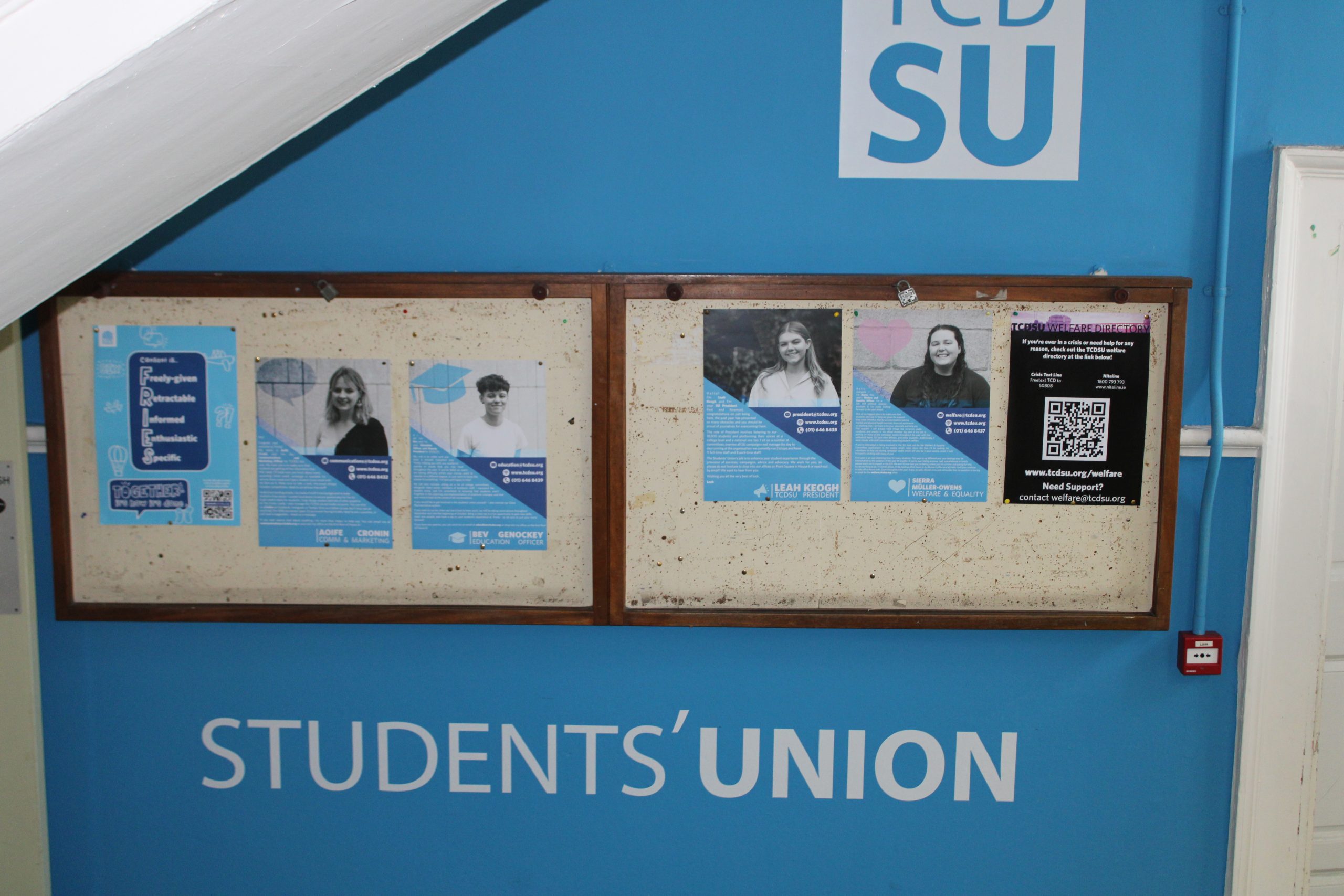Trinity College Dublin Students’ Union (TCDSU) has pushed to support the #ebooksos campaign for fairer ebook and journal licensing laws in the USI pre-budget submission. The Libraries Association of Ireland also supports the campaign.
Demands include significant reductions in annual database, journal subscription and open access costs, an end to time-based licenses that force books to be deleted from collections after a period of time, and a deep discount on ebooks and e-textbooks where their print equivalents have been purchased in recent years.
It also called for copyright law reform to remove the requirement for libraries to pay for versions of ebooks licensed specifically for library use, allow libraries to scan whole books they own in print where ebooks are unavailable or unaffordable, and more government support for the creation of Open Education Resources (OER).
Stating that multinational companies have “monopolized the market” while hiking license fees, the submission said that libraries are being “held hostage” by publishers, “draining the taxpayer, our libraries, and our institutions out of money, while leaving authors out of pocket”.
Libraries cannot purchase copies of ebooks, audiobooks, and journals; instead, they must license them, putting libraries at the mercy of restrictive licensing terms and harsh price increases. These restrictions can include limits on the number of loans per title. Last year, higher educational institutions and libraries spent in excess of €3m on ebook titles.
Research done by Maynooth University Library has shown that some ebooks are 10 to 20 times as expensive as their print equivalent, and many are 3 to 10 times more expensive. In public libraries, an ebook costs three times that of a print book, with far greater restrictions on how it can be used. Many publishers do not make titles available to libraries but allow individuals to purchase the ebook.
The #ebooksos campaign was started in England in 2020 by academic librarians Yohanna Anderson, Caroline Ball and Rachel Bickley due to the “frustrating unavailability, high prices and restrictive licences of ebooks during the Covid-19 lockdowns”.
In 2021, TCDSU Council mandated that the education officer and welfare and equality officer promote and campaign for open access to academic materials. Current TCDSU President László Molnárfi proposed the motion as a first-year PPES class representative.






